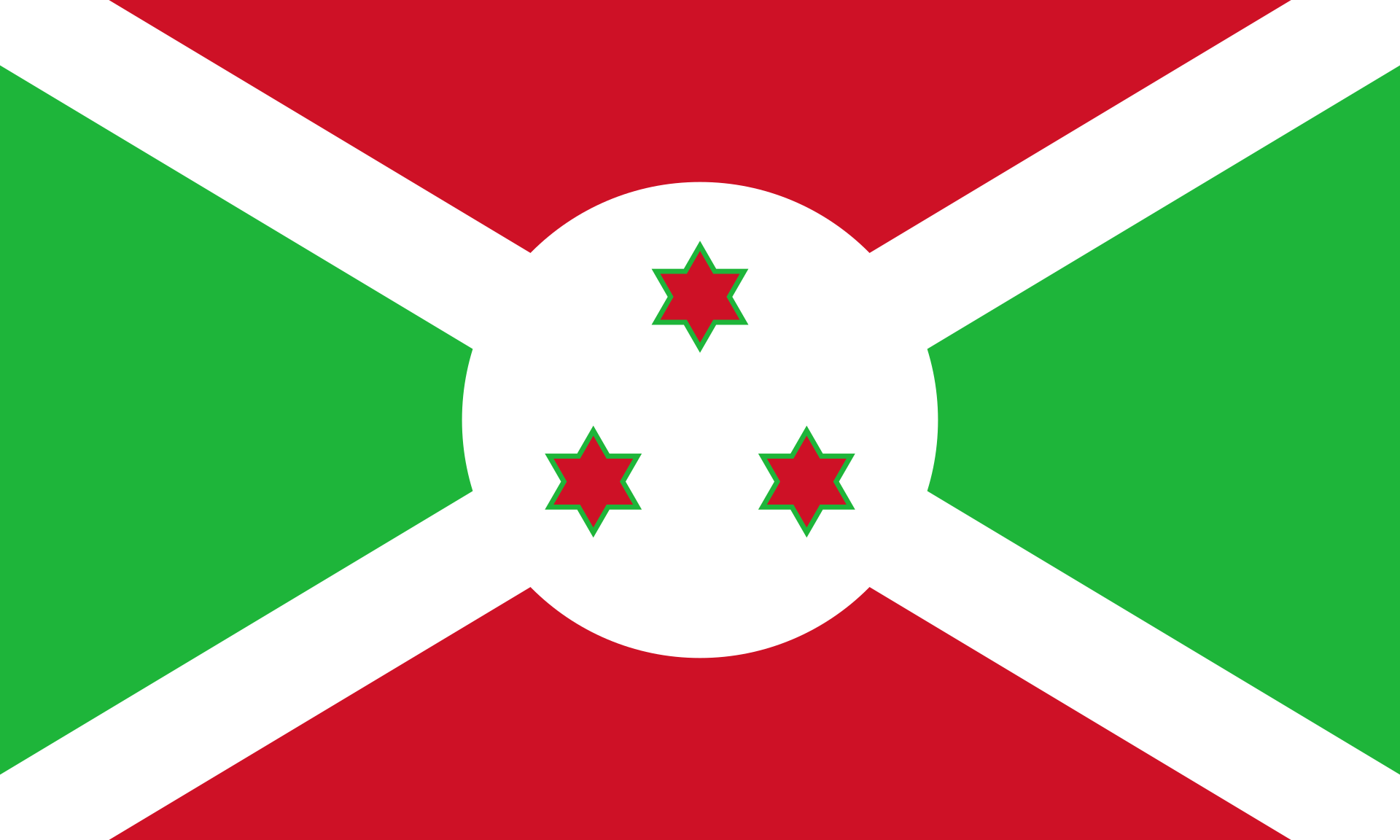Government agencies at the Port of Mombasa have urged the Burundi National Monitoring Committee (NMC) on Non-Tariff Barriers (NTBs) to make Mombasa their Port of choice to maximise on the benefits of Kenya’s Standard Gauge Railway (SGR) freight service.
Senior government officers from the Ministry of East African Community (EAC), Kenya Ports Authority (KPA), Kenya Railways Corporation (KR), Kenya Revenue Authority (KRA) and Northern Corridor Transit Transport Coordination Authority (NCTTCA) during a meeting with officials of the Burundi NMC on NTBs portrayed the port as a the perfect hub for transit.
Officials of the Burundi NMC on NTBs led by chairperson Daniel Kabura, were on a fact-finding mission at the port to exploit opportunities for trade facilitation between the two countries.
He was accompanied by Burundi’s Director of Customs, Trade and Investment in the Ministry of EAC Affairs Ndizeye Bobby Jean Marrie and NMC on NTBs vice chairperson Rosime Tuyishime.
The Burundi team was enticed with Kenya’s improved road and rail infrastructure network which can provide access to the alternative North Central Corridor route through the Holili One Stop Border Post (OSBP) in Taveta which shortens the distance between Bujumbura and Mombasa by about 400 kilometres.
Mombasa Port faces competition from the port of Dar es Salaam, port of Djibouti and port Durban in South Africa.
Mombasa Port also serves, Uganda, South Sudan, Rwanda and the Democratic Republic of Congo where it has to compete for cargo with other regional ports.
Kenya is currently wooing Ethiopia to use the new port of Lamu.
The Burundi delegation heard that using SGR freight service from the Port of Mombasa to Nairobi and Naivasha ICDs and then to the old Meter Gauge Railway (MGR) all the way to Malaba was a sure way of saving time and costs.
Due to the linkage with the SGR freight service, the port has become a cheaper alternative for shipment of goods to the hinterland.
“Kenya Railways has constructed an MGR line linking the SGR line at the Naivasha ICD. This means that cargo destined for Western parts of Kenya, Uganda, Rwanda, Burundi, Eastern DRC and South Sudan can be moved by SGR to Naivasha for onward movement to Malaba/Kampala by rail then picked by road to the final destinations,” said David Muga, Principal Marketing Officer, Kenya Railways Corporation.
He said the cargo volumes transported from Naivasha ICD via MGR have continued growing and announced KR’s plans to soon acquire 16 new Meter Gauge Railway (MGR) locomotives.
Muga presented operational details in terms of distance and transit time saying cargo transportation by rail from the Port of Mombasa-Nairobi-Naivasha–Malaba, a distance of 1,062 km would take five days, while from the Port of Mombasa-Nairobi- Naivasha- Malaba- Kampala, a distance of 1315 km would take seven days.
The officer also noted that rehabilitation of Port of Kisumu was an option for transporting cargo by SGR to Naivasha then to Kisumu by MGR then via the lake route to two different routes Jinja and Port Bell in Uganda.
His sentiments were corroborated by the KR Coast Operations Manager Thomas Ojijo who added that “Our intention is to start getting cargo to be ferried from the Port of Kisumu, delivered to Mwanza upon the inauguration of MV Uhuru II which has a higher capacity of 1800 tons.”
KPA’s Manager Conventional Cargo Operations Ali Mwambire said the port has capacity and the requisite expertise to handle all cargo including Burundi’s.
“We really want Burundi cargo. Distance is not an issue as long as we have efficient technology and the road-rail connectivity,” he said.
Mwambire described Burundi as a key customer saying that explains why the Authority set up a liaison office in Bujumbura in 2014.
He said the distance between Mombasa and Bujumbura through the North Central Corridor is 1640 km as compared to the 1957 km via the Northern Corridor.
“In terms of port tariffs, we are looking at how we can offer incentives to customers who are willing to route their cargo through the Port of Mombasa,” he added.
NCTTCA’s Director of Customs and Trade Facilitation Emille Sinzimusi observed that transport by rail in the region was becoming a gamechanger specifically with the advent of the SGR.
He said Burundi as a hinterland needs to exploit the potential provided by the SGR and the facilities at Nairobi and Naivasha ICDs to enjoy the economies of scale in cargo movement.
Sinzimusi noted that though the cargo volumes from the Port of Mombasa to Burundi are deemed marginal, currently a lot of cargo leaves Nairobi’s Industrial area to Burundi through Namanga.
“When you ferry cargo from the Port of Mombasa to Naivasha ICD and move it to Bujumbura through Isebania, you will realise a lot of economies of scale,” he added.
Burundi bound cargo volumes through the Port of Mombasa dropped from 22,000 metric tons in 2018 to 13,805 metric tons in 2022.
Kenya Ships Agents Association (KSA) CEO Juma Tellah encouraged the Burundians to use the Port of Mombasa saying it remains one of the best in terms of performance.
“When our member’s vessel docks at the Port of Mombasa it takes two to three days, and they are done. Productivity is high, ships-stay is short,” said Tellah.
“We are satisfied and convinced it will be good for Burundi to partner with Kenya,” said Kabura Daniel. - Patrick Beja, The Standard






